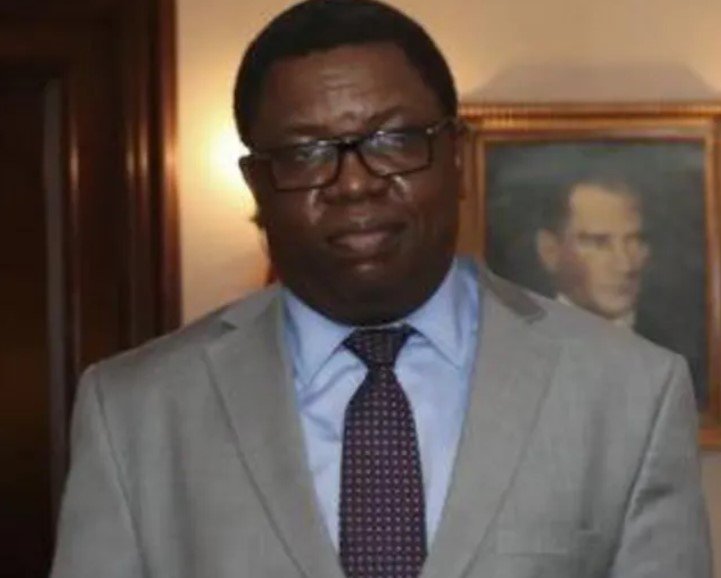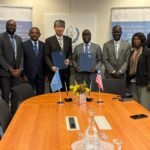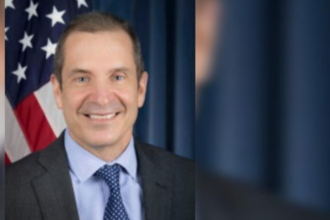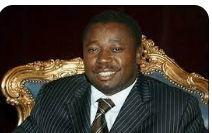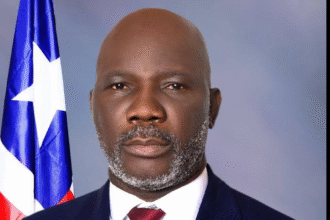By Samuel Njoroge
LUSAKA – Zambia’s commitment to tackling deep-seated corruption has gained significant traction with the sentencing of former Foreign Minister Joseph Malanji. He has been handed a four-year term of rigorous imprisonment after being found guilty on multiple counts related to illicit enrichment during his time in office. This high-profile conviction marks a notable moment in President Hakainde Hichilema’s declared war on graft.
Malanji’s conviction stems from seven counts of acquiring properties and helicopters suspected to be the proceeds of crime, as reported by the state broadcaster. The court also handed down a three-year jail term to his co-accused, former Treasury Secretary Fredson Yamba, who was found responsible for approving the unjustified disbursement of more than $8 million (£6 million) to Zambia’s diplomatic mission in Turkey. Both individuals held influential positions in the administration of former President Edgar Lungu.
This conviction stands as a significant achievement for President Hichilema’s administration, which swept to power four years ago on an anti-corruption platform, promising to root out graft that had become endemic. However, the fight against graft is not without its political complexities. The opposition Patriotic Front (PF) and allies of the late former President Edgar Lungu – under whom Malanji served from 2018 to 2021 – have accused Hichilema of waging a political vendetta. Malanji himself was known for his proximity to Lungu and earned the nickname “Bonanza” for his perceived generosity and public engagement.
Despite the severity of the charges, Magistrate Ireen Wishimanga cited “leniency” in her sentencing, acknowledging that both Malanji and Yamba were first-time offenders and their legal teams had presented “spirited mitigation” arguments. Nevertheless, the sentence lands a stark blow to Malanji’s public image and serves as a powerful message regarding accountability for public officials.
While celebrating such high-profile convictions, critics of the current government point to a perceived double standard, alleging that corruption remains widespread within Hichilema’s own administration, yet none of his ministers have faced similar prosecution or even dismissal. This perception was exacerbated in May when the US government withdrew $50 million in health sector funding to Zambia. The US explicitly cited “systematic theft” of medical donations, stating it was “no longer willing to underwrite the personal enrichment of fraudsters.” Despite the Zambian government’s promise of an investigation, no prosecutions have yet materialized from these allegations.
The convictions of Malanji and Yamba underscore a critical juncture in Zambia’s protracted battle against corruption. While they signal a willingness to hold past officials accountable, the ongoing allegations against the current government and the withdrawal of international aid highlight the deep-seated nature of the challenge. Transparency International consistently ranks Zambia among the world’s most corrupt nations, indicating that the journey towards true systemic change remains long and fraught with difficulties.


